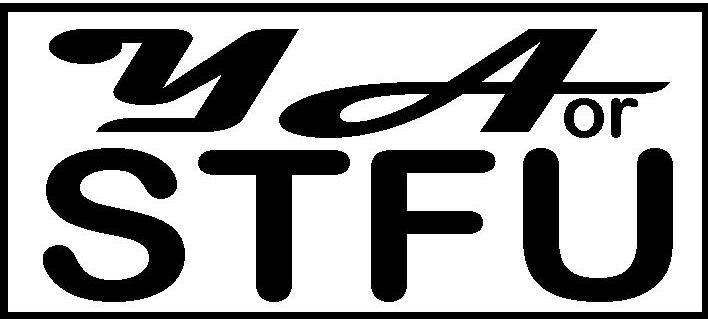Young Adult Literature without Apology
Amy's assessment of contemporary young adult literature, organized by author and title, censored by noone.
Realistic | Romance | Science Fiction | Historical Fiction | Fantasy | Horror | Mystery
Wittlinger, Ellen (2006). Blind Faith. NY: Simon and Schuster. ISBN: 1416902732.
After Liz's beloved grandmother dies, Liz's mother retreats to her bedroom in deep depression; the only thing that seems to rouse her is a promise made by a member of the local Spiritualist church that she might be able to speak with the spirit of her dead mother. Liz and her father are skeptical about the church and its belief system, but Liz agrees to accompany her mother to one of the weekly services. There, the two receive vague "messages" from beyond that confuse Liz but elate her mother. Meanwhile, a teenage boy, his nine-year-old sister and their seriously ill mother move in to the grouchy neighbor's house across the street. After Liz learns that the boy's mother has terminal cancer and that his sister doesn't realize the dire nature of her mother's condition, the two families begin an uncertain friendship. Liz and the boy, Nathan, take comfort in one another's presence while Liz's mother encourages Nathan's mother to visit the Spritualist church.
Although this premise has the potential to be "preach-ily" wrought, Wittlinger juggles the myriad plotlines and character relationships without infusing them with didacticism. Liz and Nathan's unique situation--Liz's recent loss plays off Nathan's family's pending tragedy--allows for authentic dialogue about the nature of belief and spirituality. Wittlinger's novel is not a speedy read, nor is it one that would be likely to fly off the shelves without some booktalking (though fans of the author might be drawn to another novel by this YA favorite); however, the quiet, plainspoken book does pay off. My only criticism: I wish more energy had been devoted to one of the secondary character concerns involving Liz's relationship with her mother. Throughout the novel, the two struggle with the fact that Liz's mother has grown used to being a "daughter" and not a "mother" and, following the loss of Liz's grandmother, the survivors have to assume new roles in their relationship.
